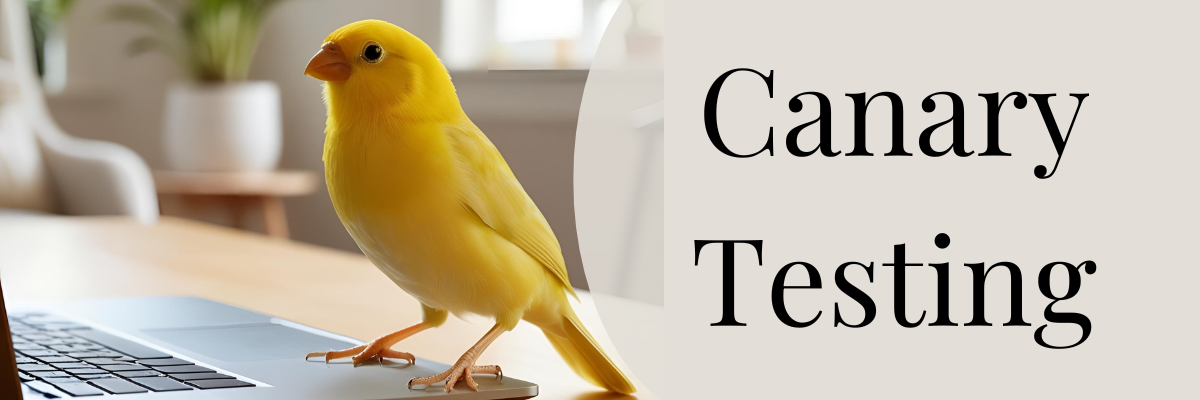In the fast-paced world of project management, success isn’t just about ticking off tasks on a to-do list. It’s about creating a seamless symphony of efforts, where each note harmonizes with the next to produce a masterpiece. At the heart of this symphony lies the conscious project team – a group of individuals who not only understand the intricacies of their current tasks but also possess a profound awareness of the overarching project goals. Welcome to the realm where vision meets execution, and detail meets dynamism.
The Anatomy of a Conscious Project Team
Picture this: a team that doesn’t just navigate through the present but also steers towards the future with clarity and purpose. A conscious project team is akin to a well-oiled machine, where every cog plays its part not just efficiently but with an acute awareness of the bigger picture. Here’s what sets them apart:
1. Visionary Awareness
A conscious project team operates with a clear understanding of the project’s goals and objectives. They don’t just focus on the immediate tasks at hand but constantly keep their eyes on the horizon. This visionary awareness allows them to make decisions that not only address current challenges but also pave the way for future success.
2. Agile Adaptability
Change is inevitable in the world of project management. However, a conscious team doesn’t just react to change – they embrace it. Their agile mindset enables them to pivot swiftly in response to evolving requirements or unexpected obstacles. Instead of being derailed by disruptions, they leverage them as opportunities for growth and innovation.
3. Detail-Oriented Execution
While keeping their gaze fixed on the project’s end goal, a conscious team is also meticulous in their execution. They understand that success lies in the details and leave no stone unturned in ensuring that every task is completed to the highest standard. Their commitment to excellence translates into tangible results and sets the foundation for long-term success.
The Hallmarks of Autonomy
One of the defining traits of a conscious project team is their autonomy. Unlike traditional teams that rely heavily on supervision and micromanagement, these teams thrive in an environment of trust and empowerment. Here’s how they achieve autonomy:
1. Self-Direction
A conscious team doesn’t need constant hand-holding to stay on track. Armed with a clear understanding of the project’s objectives, they take ownership of their work and drive it forward with minimal intervention. This self-directed approach not only boosts productivity but also fosters a sense of accountability among team members.
2. Effective Communication
Communication is the lifeblood of any successful project team. A conscious team understands the importance of open and transparent communication channels. They share information freely, seek clarification when needed, and actively collaborate to overcome challenges. This culture of communication ensures that everyone is aligned towards the common goal and minimizes the risk of misunderstandings or missteps.
3. Trust-Based Relationships
At the core of autonomy lies trust – trust between team members and trust between the team and project stakeholders. A conscious team cultivates trust through their consistent performance, reliability, and integrity. This trust forms the bedrock of their autonomy, empowering them to make decisions confidently and execute tasks effectively.
Embracing Consciousness for Success
In today’s continuous delivery world, success in project management isn’t just about meeting deadlines or staying within budget. It’s about cultivating a culture of consciousness – one where vision, execution, and autonomy converge to drive meaningful results. By fostering a team that is conscious of both the present tasks and the future goals, organizations can navigate through uncertainty with confidence and emerge stronger than ever before.
So, let’s strive to build project teams that are not just conscious but conscientious – teams that approach each task with purpose, passion, and precision. Together, we can unlock the full potential of our projects and pave the way for a brighter, more successful future.





